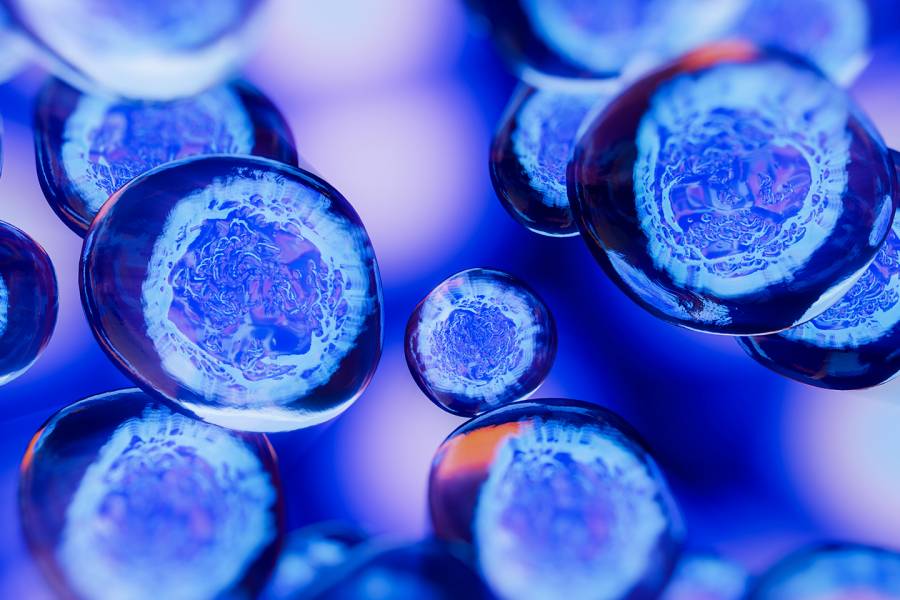( http://www.doctoryourself.com/biblio_shute.html ). If their books are hard to find, try an interlibrary loan at any public library.
Thiamin
Thiamin (vitamin B-1) deficiency. 25 to 50 mg with each meal might be worth a therapeutic trial. I think a thiamin-containing 50 mg “balanced B-complex” tablet each meal would be even better.
Common Sense
No added salt. No alcohol. No smoking. If overweight, lose it. No kidding.
Herbal Diuretics
It may be possible to use herbal medicines to reduce swelling due to retained fluids. There are no fewer than 180 herbs with diuretic properties listed just on pages 53-54 of John Lust’s The Herb Book. (NY:Bantam. 1974. ISBN 0-553-13082-X). I am not suggesting that you take 180 herbs. I am suggesting that you read up on your options before committing yourself only to drugs.
Selenium
Selenium 100 to 300 micrograms (mcg) of selenium daily ,selenium works to help your body recharge and efficiently reuse its vitamin E.
Magnesium
The role of magnesium in normal heart function is tremendous. Profound magnesium deficiency causes muscles to underfunction, malfunction or not function at all. Several hundred of your body’s most important biochemical reactions depend on this mineral. “The synthesis of all proteins, vital cell nuclear materials such as nucleic acids and nucleotides, lipids, and carbohydrates require ionized magnesium (Mg ++).” (Williams, SR Nutrition and Diet Therapy, Seventh Ed, St. Louis: Mosby, 1993, pp 230-233) Even most, ah, “healthy” adults fail to get the US RDA of magnesium, which ranges from 280 to 400 mg for adults. These figures are elemental weights: just the corn, not the can. Most magnesium supplements are compounds of magnesium with something else. The weight of the “something else” is often obscured in dosage recommendations. That is why Melvyn Werbach, M.D. cites studies that advocate daily dosages of 2,000 mg of magnesium per day for CHF. (Textbook of Nutritional Medicine. Tarzana, CA:Third Line Press, 1999, pp 273 and 275.) The elemental quantity is significantly lower than that. Green vegetables and whole grains contain quite a bit of magnesium. Pinto beans, almonds, and especially figs are oustanding food sources.
Of the oral supplements, magnesium aspartate or magnesium orotate may have the best chance of getting into cardiac muscle cells. These forms of magnesium are rarely found on store shelves. Your doctor may be able to have them compounded for you by a cooperative pharmacist, or you might find them with an internet search. Intravenous administration of magnesium may be necessary in more serious cases of congestive heart failure. Have a test ordered to check serum magnesium. Most doctors don’t. It is even better to check myocardial magnesium (Textbook, p 275). This is because the amount of magnesium in the heart muscle cells may be considerably lower than in the blood.
A great deal of information about magnesium will be found at http://www.mgwater.com and in the work of Dr. Hans Nieper, M.D.
Potassium
Potassium deficiency is associated with congestive heart failure, and is connected with magnesium deficiency, mentioned above. Low potassium can cause erratic heartbeat (heart arrhythmia). A non-technical way of increasing dietary potassium is to eat lots of easy to digest fruits, and juiced vegetables. They are loaded with potassium. Nuts, whole grains and legumes (beans) are good, too. 4 ounces of almonds contains a whopping 800 mg. Brazil nuts have almost as much.
Co-Enzyme Q10. This is very important.
One of the best things about Co-Enzyme Q 10 is that it is harmless, having no negative side effects or contraindications of any kind. No physician or hospital can make a case against taking it. The down side is that it is pricey. Clinical studies and patient reports that show success with Co Q 10 usually use somewhere around 400 mg a day, divided into several doses. 35mg/day or 50 mg/day simply will not work.
Amino Acids
As a rule, I am in favor of getting amino acids from protein foods in ones diet. With really sick people, a case can be made for amino acid supplementation. In Werbach’s Textbook of Nutritional Medicine, the case is indeed well made.
Dr. Werbach recommends L-Arginine at a daily dose somewhere between 5,600 and 12,600 mg because it “causes peripheral vasodilation and improves cardiac output.” (p 273). The benefit to patients was an increase in “the distance they could walk in 6 minutes, and the rate of blood flow during exercise.” Arginine is normally considered by dieticians to be a “semiessential” amino acid, necessary only for growth. It is possible that growth includes regrowth, strengthening, and repair of cardiac muscle. Eggs, cheese, whole grains, and legumes (beans) are good food sources. Peanuts are absolutely loaded with arginine, containing three times as much as meat does. You’d need to consume roughly a twelve-ounce can of peanuts a day to get in the middle of the dose mentioned above. Chew nuts well for best absorption. That, or consider supplements. Or do both.
Taurine is an amino acid normally made in your body from another amino acid, methionine. Methionine is found in eggs, cheese, beans, nuts, and whole grains. Brazil nuts have over twice as much methionine as meat, ounce for ounce. Extreme stresses to the body (hospital food, perhaps?) can cause taurine deficiency. (Desai TK et al. Taurine deficiency after intensive chemotherapy and/or radiation. American Journal of Clinical Nutrition. 55:708, 1991.) Taurine appears to help regulate heartbeat. Dr. Werbach mentions a doseage of 4,000 to 6,000 mg/day.
The amino acid L-Carnitine is also made in your body IF (and, to quote Ed Sullivan, this is a “really big” IF) you consume plenty of methionine, lysine, vitamin B-6 (pyridoxine), niacin, and vitamin C. (Iron is also necessary; adult men do not need to seek after iron.) Most people, especially the elderly with chronic illness, do not get nearly enough of those three vitamins. This study recommends 2,000 mg of L-carnitine daily, specifically for CHF: Ghidini O, Azzurro M, Vita A, Sartori G. (1988) Evaluation of the therapeutic efficacy of L-carnitine in congestive heart failure. International Journal of Clinical Pharmacology, Therapy and Toxicology 26: 217-220.
Large amounts of supplemental Creatine, still another amino acid that your body normally produces. As creatine phosphate, it is involved in supplying energy to power muscle tissue, especially cardiac muscle. Dr.Werbach cites studies that indicate that persons with CHF have a deficiency of creatine in the heart muscle itself, and that daily doses of 20,000 mg/day “improve cardiac function… physical strength and endurance.” (Textbook of Nutritional Medicine, p 276)
All quantities mentioned above should be divided up into several smaller doses throughout the day. I would add vitamin C, about 4,000 to 10,000/day (or to bowel tolerance) both because of its antioxidant properties and also because of its role in amino acid synthesis. I also suspect that since the heart prefers fatty acids for fuel, a long-standing deficiency of essential fatty acids causes deterioration of heart muscle. Lecithin, fish, and primrose oil are sources of essential fatty acids. http://www.doctoryourself.com/lecithin.html


